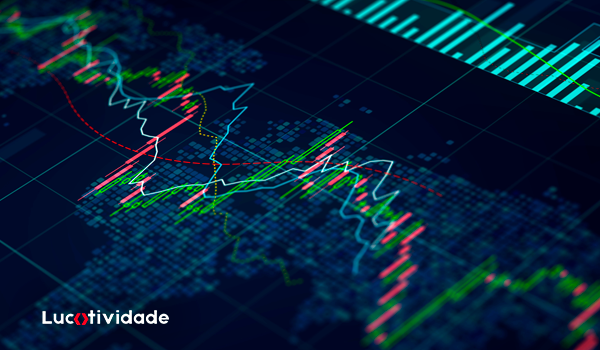Understanding Volatility vs. Risk
Volatility often gets confused with actual investment risk. While volatility refers to price fluctuations over time, risk is about the potential for permanent loss. Recognizing this distinction is essential. A dip in value isn’t necessarily danger—it can be a temporary opportunity, especially for long-term investors.
Short-term noise shouldn’t derail your bigger picture. Instead, think of volatility as the cost of entry for higher returns over time.
Why Timing Isn’t the Goal—Strategy Is
Trying to guess the perfect moment to buy or sell is not only exhausting—it’s rarely effective. Successful investors in 2025 focus on strategy over precision. By sticking to a long-term plan and investing consistently, they avoid the traps of emotional decision-making.
Dollar-cost averaging remains a top tactic:
- Invest a fixed amount regularly
- Smooths out market highs and lows
- Builds discipline and momentum
Diversification as a Stability Tool
When one sector drops, another may rise. That’s the power of diversification. Spreading your investments across asset classes, industries, and geographies helps balance out turbulence. It won’t eliminate volatility—but it can cushion its impact and reduce overall exposure to any one downturn.
Strong portfolios in 2025 often include:
- Domestic and international stocks
- Bonds and cash-equivalent assets
- Real estate and alternative assets
Volatility as a Buying Window
The very moments that scare most people away are often the best times to buy. When markets dip, high-quality assets go on sale. For disciplined investors, volatility offers discounted entry points that can boost long-term gains.
Watch for:
- Strong companies with temporary dips
- Undervalued sectors poised for recovery
- Rebalancing opportunities after sharp shifts
Stay Grounded, Stay Invested
Emotions run high during uncertain times, but panicking rarely pays. History shows that markets recover—and those who stay invested benefit most. Focus on your timeline, revisit your goals, and remember: resilience wins in the end.Market volatility is inevitable. How you respond to it determines whether you survive the swings—or use them to accelerate your financial journey.


 How to Build Wealth Without a Six-Figure Salary <p class='sec-title' style='line-height: normal; font-weight: normal;font-size: 16px !important; text-align: left;margin-top: 8px;margin-bottom: 0px !important;'>Smart financial strategies can matter more than a high paycheck—discipline and decisions often beat income alone.</p>
How to Build Wealth Without a Six-Figure Salary <p class='sec-title' style='line-height: normal; font-weight: normal;font-size: 16px !important; text-align: left;margin-top: 8px;margin-bottom: 0px !important;'>Smart financial strategies can matter more than a high paycheck—discipline and decisions often beat income alone.</p>  Financial Forecasting with AI: How Algorithms Are Reshaping Investment Strategies <p class='sec-title' style='line-height: normal; font-weight: normal;font-size: 16px !important; text-align: left;margin-top: 8px;margin-bottom: 0px !important;'>Smart algorithms are no longer just supporting investment decisions—they’re actively transforming how portfolios are built and managed.</p>
Financial Forecasting with AI: How Algorithms Are Reshaping Investment Strategies <p class='sec-title' style='line-height: normal; font-weight: normal;font-size: 16px !important; text-align: left;margin-top: 8px;margin-bottom: 0px !important;'>Smart algorithms are no longer just supporting investment decisions—they’re actively transforming how portfolios are built and managed.</p>  Crypto Beyond the Hype: How Blockchain Is Reshaping Investment Models <p class='sec-title' style='line-height: normal; font-weight: normal;font-size: 16px !important; text-align: left;margin-top: 8px;margin-bottom: 0px !important;'>From digital coins to decentralized finance, blockchain is rewriting the rules of modern investing.</p>
Crypto Beyond the Hype: How Blockchain Is Reshaping Investment Models <p class='sec-title' style='line-height: normal; font-weight: normal;font-size: 16px !important; text-align: left;margin-top: 8px;margin-bottom: 0px !important;'>From digital coins to decentralized finance, blockchain is rewriting the rules of modern investing.</p>